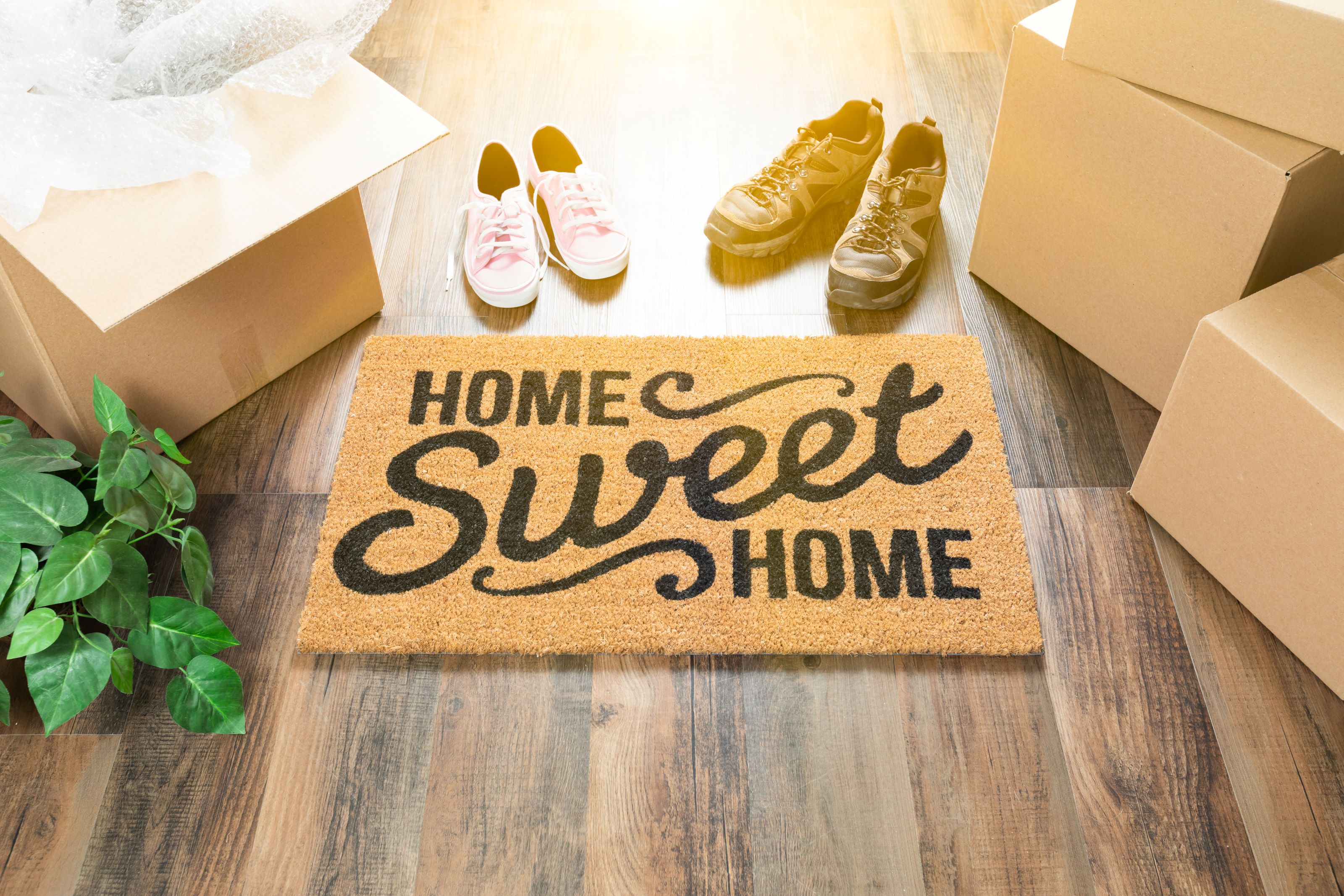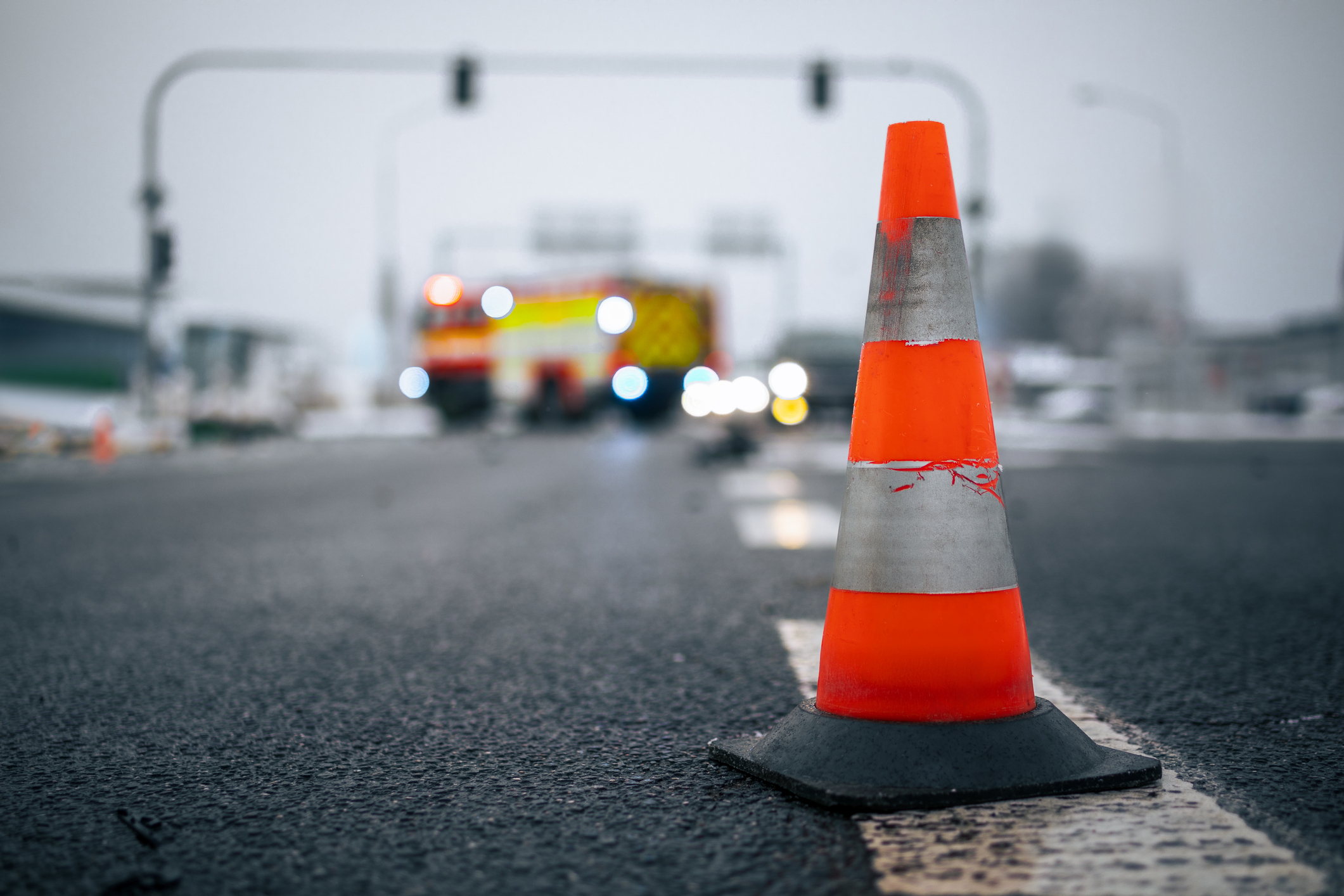The 5 Safest Cities in the U.S.
If you're looking for tranquility but with metro comforts, these five safest cities might be the thing.


Profit and prosper with the best of Kiplinger's advice on investing, taxes, retirement, personal finance and much more. Delivered daily. Enter your email in the box and click Sign Me Up.
You are now subscribed
Your newsletter sign-up was successful
Want to add more newsletters?

Delivered daily
Kiplinger Today
Profit and prosper with the best of Kiplinger's advice on investing, taxes, retirement, personal finance and much more delivered daily. Smart money moves start here.

Sent five days a week
Kiplinger A Step Ahead
Get practical help to make better financial decisions in your everyday life, from spending to savings on top deals.

Delivered daily
Kiplinger Closing Bell
Get today's biggest financial and investing headlines delivered to your inbox every day the U.S. stock market is open.

Sent twice a week
Kiplinger Adviser Intel
Financial pros across the country share best practices and fresh tactics to preserve and grow your wealth.

Delivered weekly
Kiplinger Tax Tips
Trim your federal and state tax bills with practical tax-planning and tax-cutting strategies.

Sent twice a week
Kiplinger Retirement Tips
Your twice-a-week guide to planning and enjoying a financially secure and richly rewarding retirement

Sent bimonthly.
Kiplinger Adviser Angle
Insights for advisers, wealth managers and other financial professionals.

Sent twice a week
Kiplinger Investing Weekly
Your twice-a-week roundup of promising stocks, funds, companies and industries you should consider, ones you should avoid, and why.

Sent weekly for six weeks
Kiplinger Invest for Retirement
Your step-by-step six-part series on how to invest for retirement, from devising a successful strategy to exactly which investments to choose.
Location is a key factor to consider when buying a home. Most people take into account nearby schools, restaurants, transportation options, and importantly, the safety in their prospective city. Let's face it, no one wants to live in a neighborhood with high crime rates. For this reason, whether or not an area is safe is typically a deal breaker for most home buyers.
Therefore, knowing which cities across the U.S. are the safest to live in can help you feel secure in your future home. Going abroad? Take a look at the 10 safest countries to visit.
How the safest cities were determined
WalletHub compared 182 cities in the U.S. (including the 150 most populated U.S. cities, plus at least two of the most populated cities in each state) across 41 safety factors to determine which cities are the safest. These 41 safety indicators were divided into three key categories:
From just $107.88 $24.99 for Kiplinger Personal Finance
Become a smarter, better informed investor. Subscribe from just $107.88 $24.99, plus get up to 4 Special Issues

Sign up for Kiplinger’s Free Newsletters
Profit and prosper with the best of expert advice on investing, taxes, retirement, personal finance and more - straight to your e-mail.
Profit and prosper with the best of expert advice - straight to your e-mail.
- Home and community safety: Presence of terrorist attacks, thefts per capita, murders per capita, traffic fatalities per capita, etc.
- Natural-disaster risk: Earthquake risk, flood risk, tornado risk, etc.
- Financial safety: Unemployment rate, share of uninsured drivers, poverty rate, job security, etc.
"Our country faces many threats and hazards every year," Laurie J. Holien, Homeland Security and Emergency, Management Program Director at Idaho State University told WalletHub. "The top natural hazards are usually related to extreme weather. Other public safety threats that threaten American lives and property include targeted acts of violence, wildfires, and cyber-related crimes."
You can view the full list of factors on WalletHub.com. Each factor was graded on a 100-point scale (100 representing the highest level of safety) and evaluated based on its corresponding weight. To reach an overall safety score, WalletHub determined each city's weighted average across all metrics.
These 5 cities were found to be the safest in the U.S.
1. Nashua, NH
- Overall score: 86.00
- Home and community safety: #8
- Natural disaster risk: #27
- Financial safety: #8
2. Columbia, MD
- Overall score: 85.97
- Home and community safety: #1
- Natural disaster risk: #63
- Financial safety: #85
3. South Burlington, VT
- Overall score: 85.18
- Home and community safety: #21
- Natural disaster risk: #36
- Financial safety: #1
4. Gilbert, AZ
- Overall score: 84.24
- Home and community safety: #10
- Natural disaster risk: #14
- Financial safety: #56
5. Warwick, RI
- Overall score: 84.03
- Home and community safety: #9
- Natural disaster risk: #22
- Financial safety: #68
Taking a further look at the data, here are the cities that ranked safest in each specific category. Columbia, MD ranked safest in home and community safety, Dover, DE was the safest based on natural disaster risk and South Burlington, VT ranked first in financial safety.
Least safe cities in the U.S.
The following five cities were found to be the least safe.
- Detroit, MI: Tied for most assaults per capita/ Highest unemployment rate
- Baton Rouge, LA: Tied for second most traffic fatalities per capita
- San Bernardino, CA: Second lowest overall score in home and community safety
- Fort Lauderdale, FL: Tied for second most traffic fatalities per capita/ Tied for second lowest % of households with emergency savings
- St. Louis, MO: Tied for most assaults per capita
Even in the safest locations you need to make sure you have cover for all eventualities. After all, even in a city with a low crime rate, a natural disaster (rather than a man-made one) might be the thing that upturns your domestic life. Use our home insurance tool — in partnership with Bankrate — to find the best deals available.
Related Content
Profit and prosper with the best of Kiplinger's advice on investing, taxes, retirement, personal finance and much more. Delivered daily. Enter your email in the box and click Sign Me Up.

Erin pairs personal experience with research and is passionate about sharing personal finance advice with others. Previously, she was a freelancer focusing on the credit card side of finance, but has branched out since then to cover other aspects of personal finance. Erin is well-versed in traditional media with reporting, interviewing and research, as well as using graphic design and video and audio storytelling to share with her readers.
-
 Dow Adds 1,206 Points to Top 50,000: Stock Market Today
Dow Adds 1,206 Points to Top 50,000: Stock Market TodayThe S&P 500 and Nasdaq also had strong finishes to a volatile week, with beaten-down tech stocks outperforming.
-
 Ask the Tax Editor: Federal Income Tax Deductions
Ask the Tax Editor: Federal Income Tax DeductionsAsk the Editor In this week's Ask the Editor Q&A, Joy Taylor answers questions on federal income tax deductions
-
 States With No-Fault Car Insurance Laws (and How No-Fault Car Insurance Works)
States With No-Fault Car Insurance Laws (and How No-Fault Car Insurance Works)A breakdown of the confusing rules around no-fault car insurance in every state where it exists.
-
 No-Fault Car Insurance States and What Drivers Need to Know
No-Fault Car Insurance States and What Drivers Need to KnowA breakdown of the confusing rules around no-fault car insurance in every state where it exists.
-
 Why Your Home Insurance Might Not Protect You If Someone Else Lives There
Why Your Home Insurance Might Not Protect You If Someone Else Lives ThereLetting a relative stay in a second home or inherited property can quietly change your insurance coverage and leave you exposed to costly liability claims.
-
 The 1-Month Rule for Setting Your Car Insurance Deductible
The 1-Month Rule for Setting Your Car Insurance DeductibleThe ideal car insurance deductible balances risk and savings. Here's how to find it.
-
 How Drones Can Affect Your Insurance Coverage
How Drones Can Affect Your Insurance CoverageHow insurers are using aerial imagery to assess homes, the backlash from policyholders and how state regulators are trying to rein in the practice.
-
 Does Your Car Insurer Need to Know All Your Kids? Michigan Cases Raise Question
Does Your Car Insurer Need to Know All Your Kids? Michigan Cases Raise QuestionWho you list on your policy matters more than most drivers realize, especially when it comes to who lives in your home.
-
 Is Home Insurance Tax Deductible?
Is Home Insurance Tax Deductible?With home insurance rates on the rise, you might be hoping to at least claim the cost as a tax deduction. Here's what you need to know ahead of tax season.
-
 Is Mechanical Breakdown Insurance Better Than an Extended Car Warranty?
Is Mechanical Breakdown Insurance Better Than an Extended Car Warranty?More insurers are starting to offer mechanical breakdown insurance to new car owners. What is it and should you buy it?
-
 9 Types of Insurance You Probably Don't Need
9 Types of Insurance You Probably Don't NeedFinancial Planning If you're paying for these types of insurance, you may be wasting your money. Here's what you need to know.